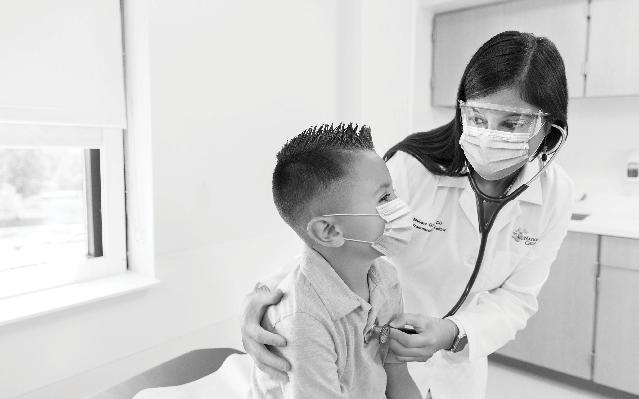
2 minute read
Errors in healthcare organizations occur due to system and process, why investigating individual errors…
By Mrs. Mary Khoury RN, Masters in Quality and Management Healthcare Organizations, CPHQ, Quality Auditor and Coordinator for Hospital Accreditation Ministry of Public Health, Lebanon
Human errors are inevitable in complex systems like hospitals while heavy workload and stress increase errors. Managing these errors needs significant involvement while the commitment of leaders and patient safety culture shall be a priority.
Advertisement
Accountability starts with leadership through the creation of a sustainable, resilient and efficient system and process free from quality defects, deficiencies, duplication of efforts and variabilities that are failures in the system. The hospital shall use a defined and standardized process for identifying and managing errors. Standardization of the practices throughout the organization and creation of a non-punitive, blameless environment and culture are evident through continuous trainings for employees, learning by practice and teaching rather than blaming them and therefore, encouraging reporting of errors to develop proactive activities and mitigation strategies to reduce their occurrence in the future.
Leaders are responsible for monitoring the effectiveness of the actions with clear and defined follow-up for possible system redesign. A long-term commitment to the process with alignment at the start is critical before it gets tough. Decisions by leaders should be based on reliable and accurate data or performance measures along with effective benchmarking to create an efficient system.
Guidelines, algorithms, clinical pathways and Standard Operating Procedures can decrease the unnecessary levels of care, length of stay, cost and therefore, improve the appropriateness of services provided and decrease errors.
Quality is appreciative by the employee and perceptive by the patient. Errors can be preventable, strengthen your system and process, appreciate your employees and respect their team contributions and engagements to create a commitment to the organization. ACCOUNTABILITY STARTS WITH LEADERSHIP THROUGH THE CREATION OF A SUSTAINABLE, RESILIENT AND EFFICIENT SYSTEM AND PROCESS FREE FROM QUALITY DEFECTS, DEFICIENCIES, DUPLICATION OF EFFORTS AND VARIABILITIES THAT ARE FAILURES IN THE SYSTEM.




NATIONWIDE CHILDREN’S HOSPITAL WORLD-CLASS PROGRAMS. TRAILBLAZING RESEARCH. PERSONALIZED CARE.
Columbus, Ohio, may feel like a world away, but our faculty, researchers and facility have earned international reputations for expertise in rare and complex conditions. Our Cardiovascular team is leading groundbreaking development of a biodegradable tissue-engineered vascular graft for children with congenital heart defects. Our multidisciplinary Center for Colorectal and Pelvic Reconstruction excels in advanced care for even the rarest congenital disorders, motility issues, fecal incontinence concerns and more, for patients in more than 60 countries. And the powerhouse team at the helm of our Neurosurgery and Neuro-Oncology programs excels in both leadership and collaboration in multinational cancer research. When you’re here, you are the center of our attention. Come to Nationwide Children’s —nothing but the best in care, in an accessible, cosmopolitan city. Reach out to our Global Patient Services team to find out why we should be your new global destination for complex care.
Learn more, refer a patient or plan a trip:
NationwideChildrens.org/Global-Patient-Services GlobalPatientServices@NationwideChildrens.org +1 614 362 9127 Nationwide Children’s Hospital, Columbus, Ohio – USA
AMERICA’S SECOND LARGEST
CHILDREN’S HOSPITAL
* Based on CHA survey of utilization and financial indicators










